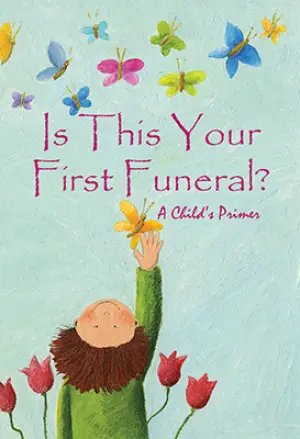A Memoir of Memory and Migration: The Phoenix Pencil Company
The title alone, The Phoenix Pencil Company, struck a chord with me—there’s something inherently magical about the idea of an object as simple as a pencil connecting multiple generations across time and geography. Author Allison King has crafted a tapestry of poignant narratives that intertwine the threads of family, history, and personal discovery, which drew me in from the very first page. As a reader who constantly seeks stories that resonate on a personal level, I found myself both captivated and contemplative as I explored King’s enchanting prose.
At its heart, the novel weaves together dual narratives: one follows Monica, a software engineer in modern-day Cambridge, MA, as she navigates the bittersweet challenges of caring for her grandmother battling dementia. The second transports us to 1940s Shanghai, where Yun, inspired by King’s family history, creates pencils during a tumultuous time marked by political upheaval and personal loss. It’s a dual timeline that not only explores the complexities of migration but also the deep-seated connections between family and heritage.
Monica’s journey of rediscovery, as she unearths her grandmother’s stories, serves as a beautiful reminder of how the past shapes our identities. I couldn’t help but reflect on my own family history while reading passages like this: “I want her to know you, and our mothers, and all those who came before her, so she knows she is not alone.” It reminded me of the weight of the stories we carry, often unshared, yet profoundly influential.
In juxtaposing this intimate familial narrative with Yun’s experience in Shanghai, King sheds light on the broader themes of loss and resilience. The historical context of the mass exodus to Taiwan following China’s Communist revolution adds a layer of depth that resonates especially in today’s climate of migration and displacement. One unforgettable line reads, “It’s one of the greatest migrations in human history. When so many people fled Shanghai," which echoed in my mind as a poignant reflection on contemporary issues we still grapple with.
King’s writing style is warm yet incisive, capturing the nuances of both present and past with grace. The narrative moves seamlessly between the two timelines, each chapter revealing more about the characters’ intertwined fates. The authenticity of the audiobook, narrated brilliantly, enhanced my connection to the story as emotions soared through every intonation and inflection.
I particularly loved how King draws parallels between the Pencils created at the Phoenix Pencil Company and contemporary social media, making us reflect on the cost of our digital interactions. The passage where Monica grapples with her corporate role in a tech landscape feels alarmingly relevant—“Could pencils and technology really be a substitute for human connection?” It’s a question that lingers, perhaps more pressing than ever in our modern, digital age.
The Phoenix Pencil Company is a beautifully woven story of love, memory, and familial ties. Readers who appreciate rich historical narratives tinged with personal reflection will find this book not just enchanting but essential. It invites us to delve into our own histories and cherish the stories that shape us. For me, it was a reminder of the threads that connect us all in this shared human experience—stories not simply told, but lived. In an era of rapid change and digital detachment, King gives us a reason to embrace our past as we move toward the future.
Discover more about The Phoenix Pencil Company on GoodReads >>






